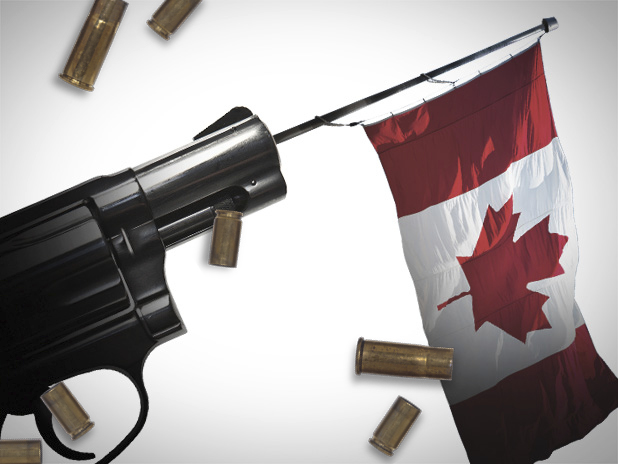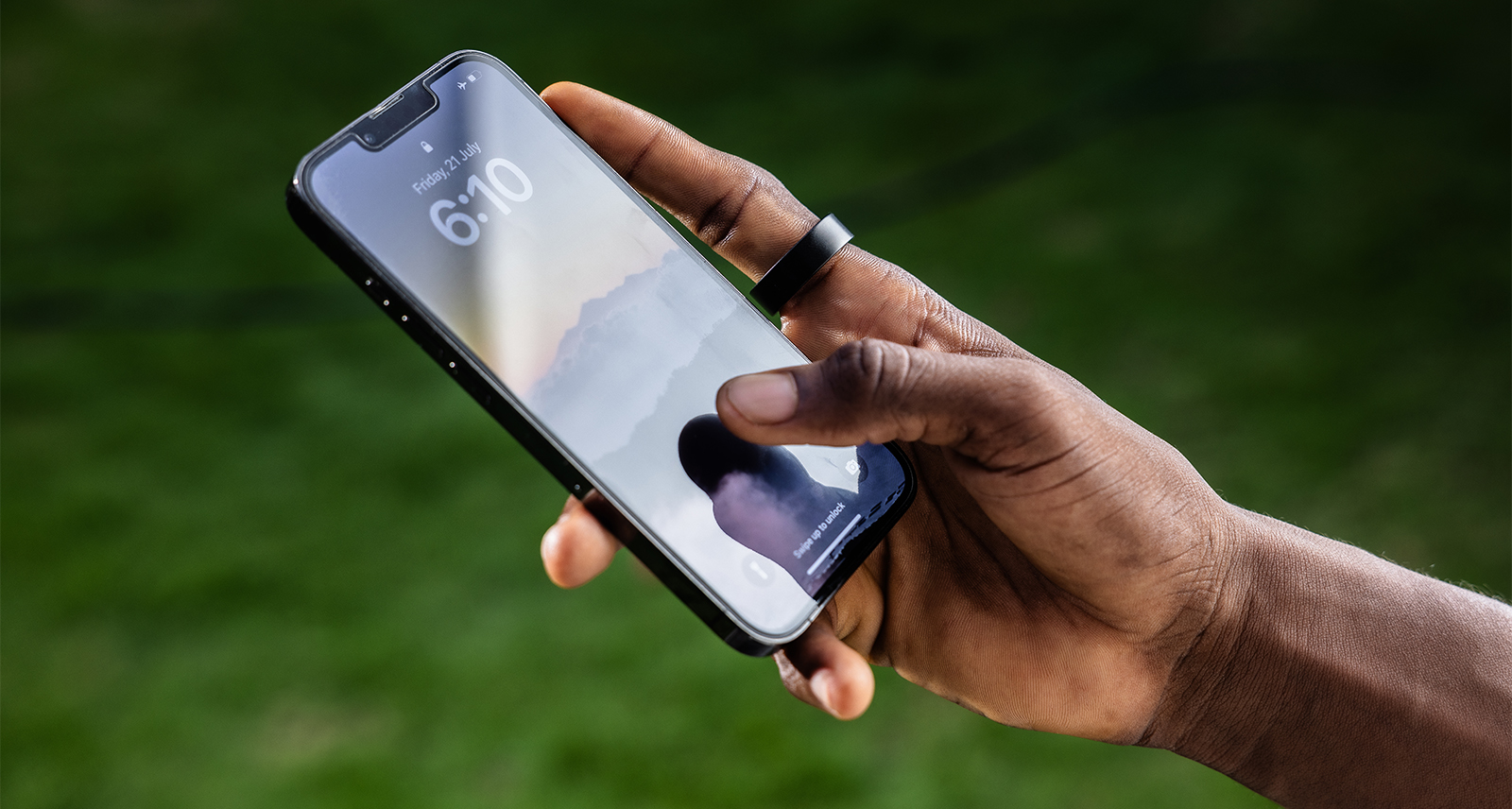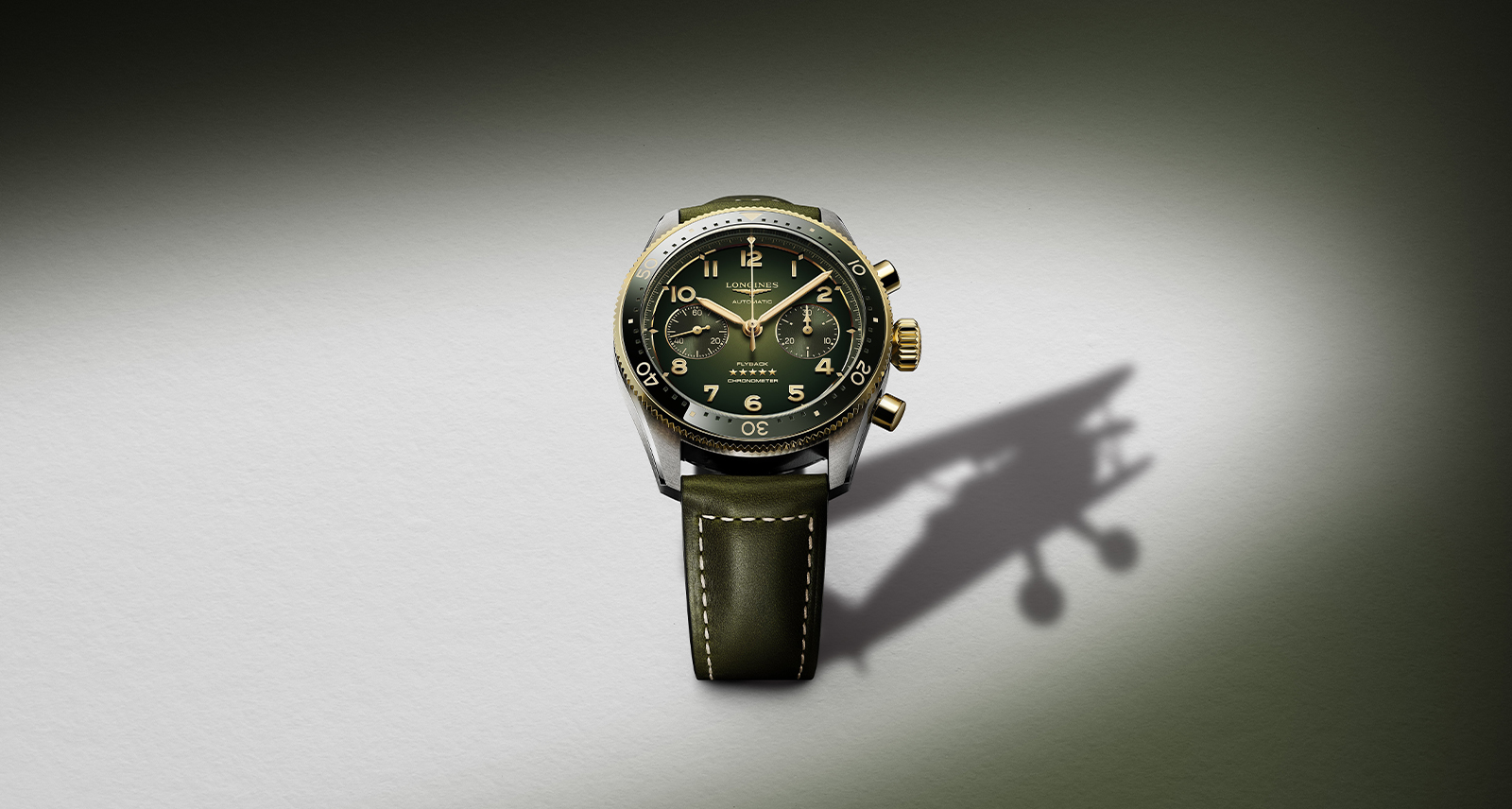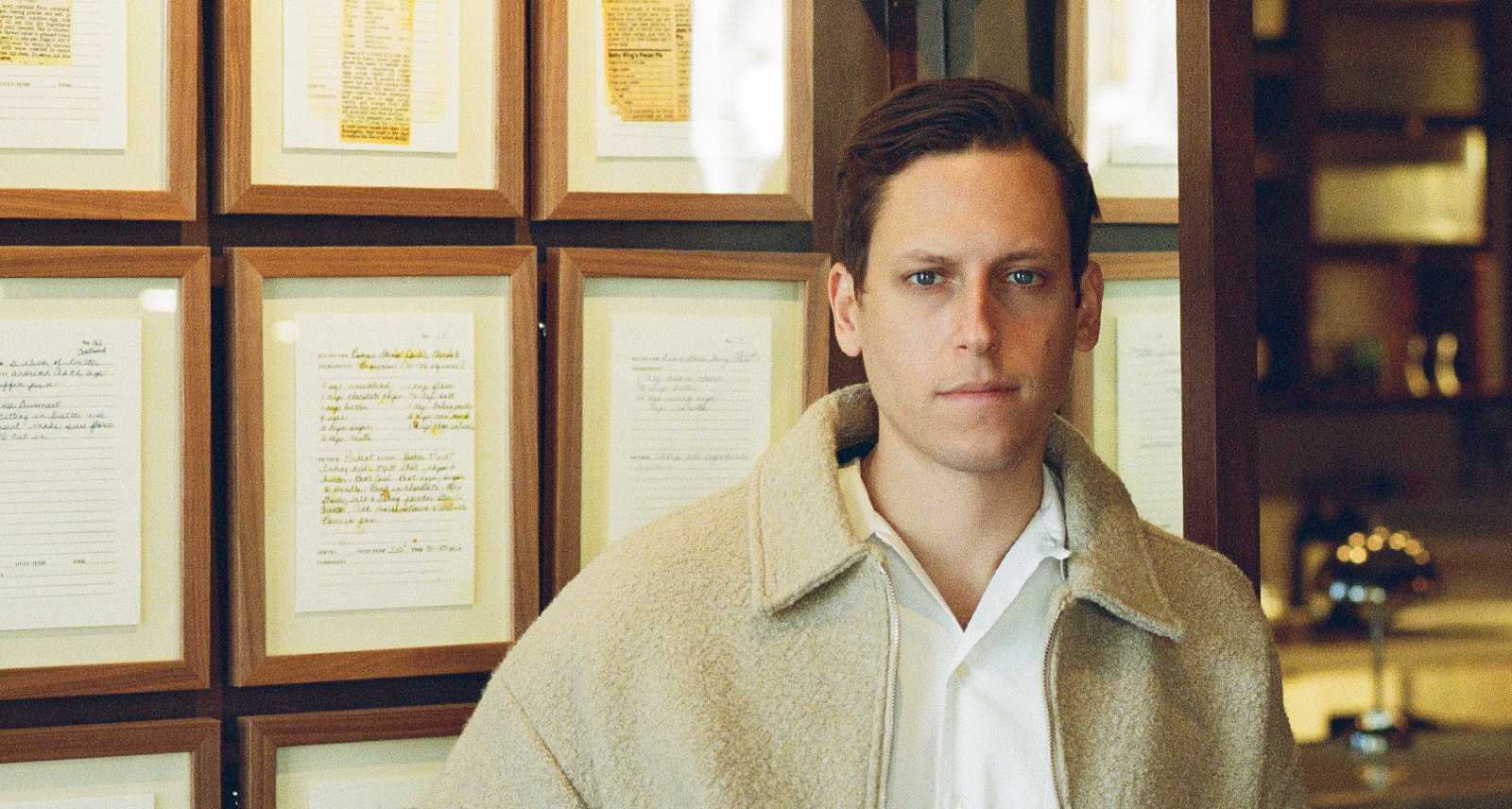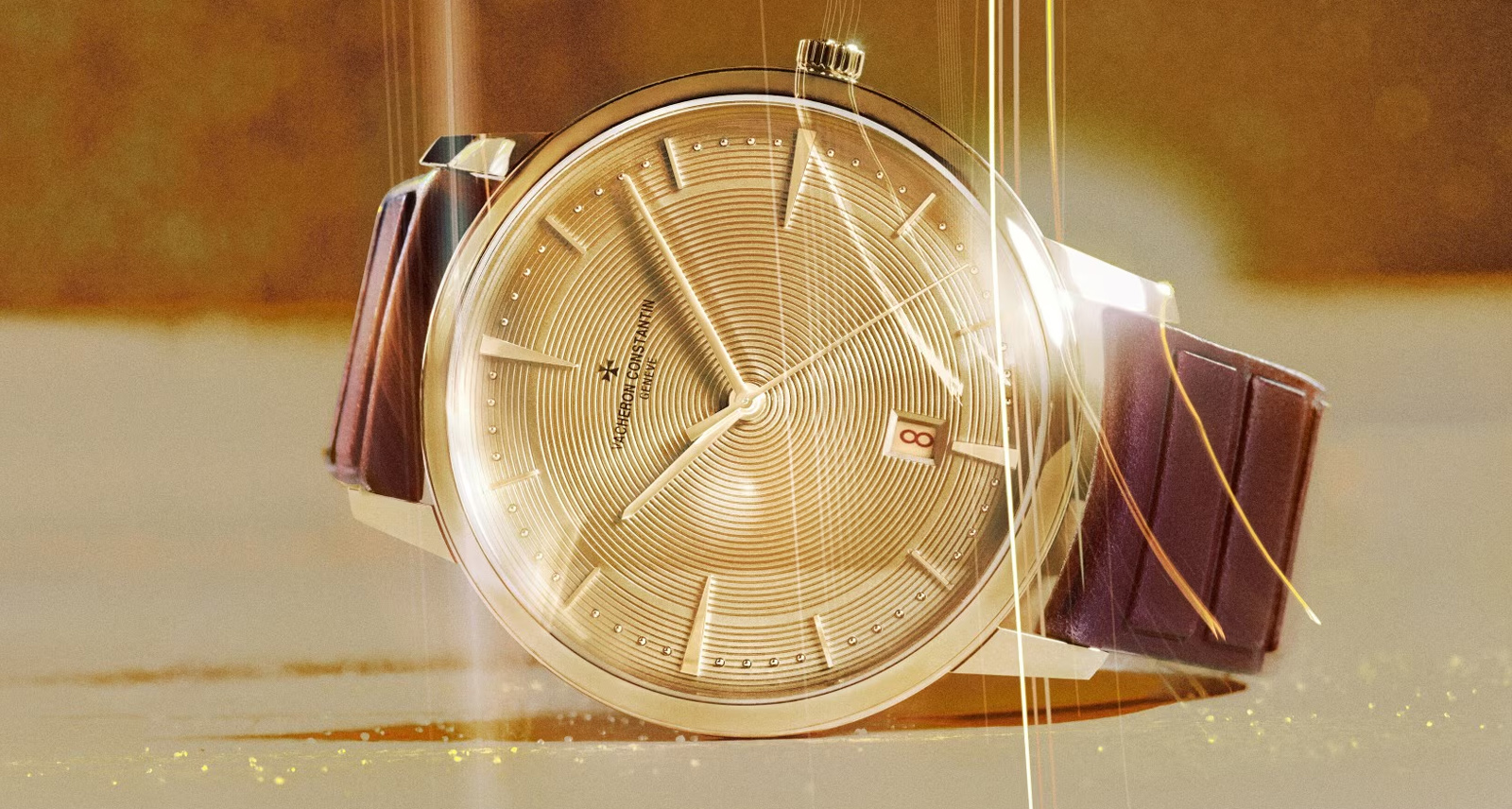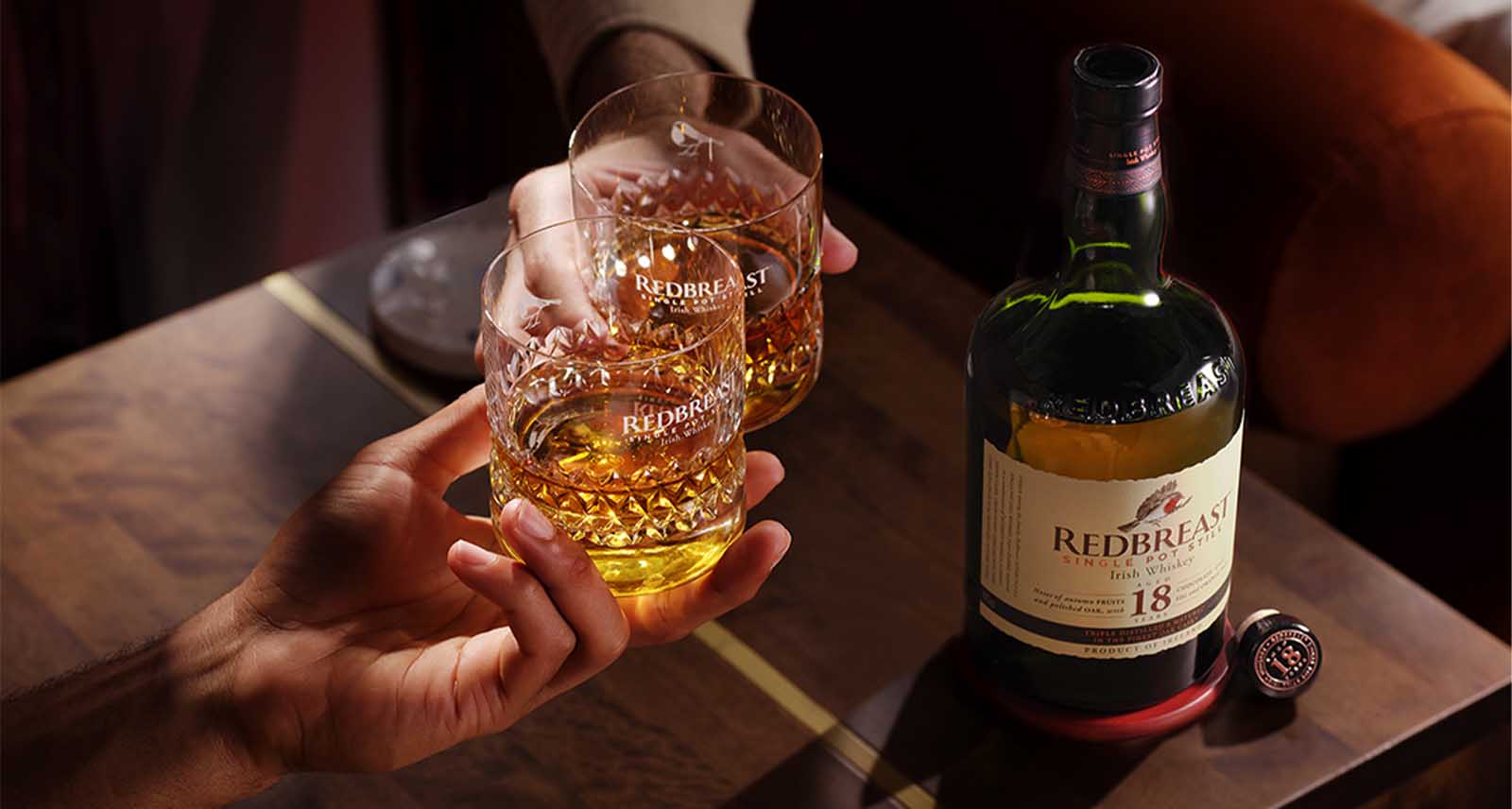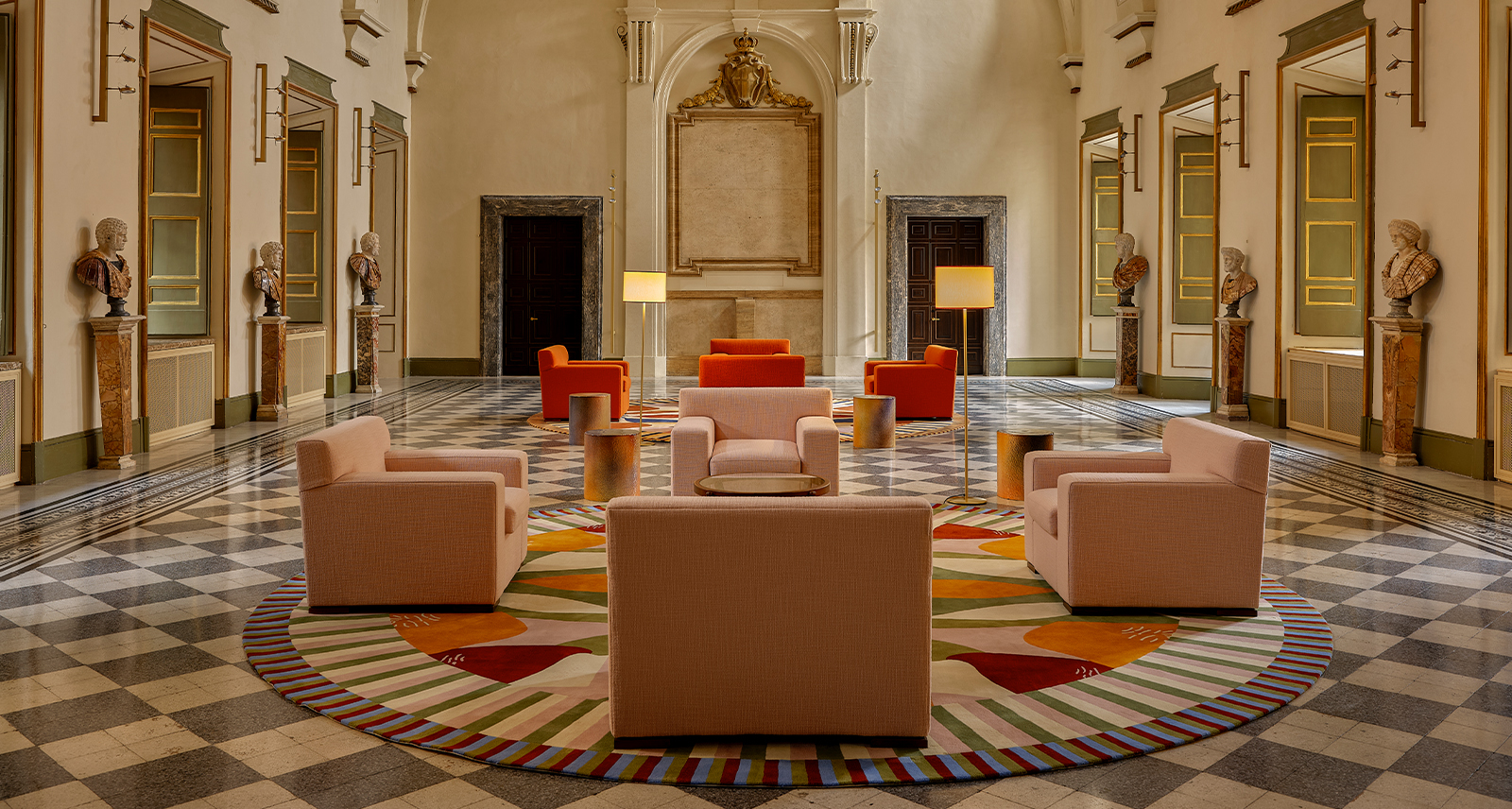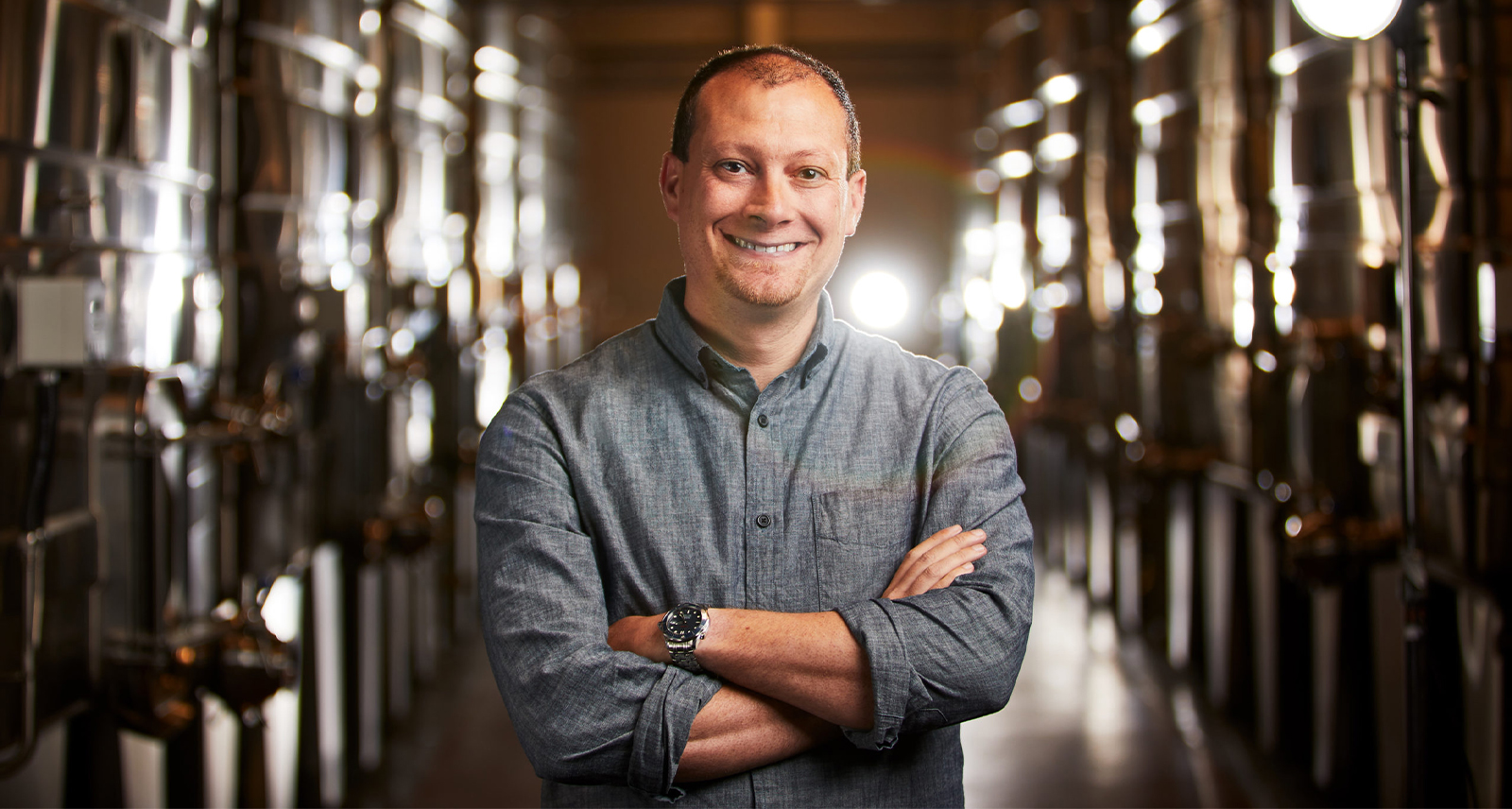Reloaded: The State of Canada’s Gun Culture
The Calgary Gun Show is perhaps the only place in the country where the best answer to “do you have any firearms in the bag?” is “not yet.” Gunnies have made pilgrimage to this Easter weekend expo, the largest of its kind in Canada, for 53 years, and this one will post record attendance: 10,170 gun owners and enthusiasts all under one roof, there to stock up on firearms and ammo, meet their peers and, whether they know it or not, take a stand for their rights. Such as they are.
I’m there looking for Sheldon Clare, president of the National Firearms Association, Canada’s largest and most outspoken gun lobby. I find him in a hall with guns as far as the eye can see, near the NFA’s booth topped with four .22 rifles on tripods pointed at the throngs of plaid and denim streaming past. In a tweed jacket and leather loafers, with a chest pocket stuffed with multicoloured pens, he’s the second-most distinguishable character in the room, after the lady covered head-to-toe in competition shooter badges (and not much else).
As gun advocates go, Clare is the anti-Charlton Heston. He’s a historian and English teacher at the liberal arts College of New Calledonia in his hometown of Prince George, BC. His voice is nasally. His eyes squint through rectangular glasses. He has the short blunt bangs of a self-inflicted haircut. Yes, Sheldon Clare is a poindexter, but a pugnacious one who will correct every “gun-grabber” term that unwittingly tumbles out my mouth. It’s not a weapon, it’s a firearm. Not an assault rifle, a modern sporting gun. Not gun crimes—just crimes. These “emotional, knee-jerk” terms that have demonized law-abiding Canadians for 40 years are to be shot on sight.
“But my father? He hasn’t touched a firearm since he was a small boy, when he accidentally shot and nearly killed his friend while playing with Grandpa’s gun.”
Clare can smell it on me: I’ve never fired a gun. Although I grew up in rural Northern Alberta, mine was perhaps the only house on the block without a rifle. My  grandfather was a skilled hunter, sometimes skipping a day’s pay to bring home a duck that came nowhere near feeding the family of ten.
grandfather was a skilled hunter, sometimes skipping a day’s pay to bring home a duck that came nowhere near feeding the family of ten.
But my father? He hasn’t touched a firearm since he was a small boy, when he accidentally shot and nearly killed his friend while playing with Grandpa’s gun. So we were raised to fear firearms. While friends obtained hunting licenses and joined their dads at the shooting range, only billiards were shot for father-son bonding. Eventually I settled in a city, where guns are more or less treated as menaces—a generalization that I’m comfortable with. Sheldon Clare wants to fix that.
“There are many reasons for a person to own firearms,” Clare told me, “from competitive, to target shooting, to collecting, to defence, to using them at work, or just because you want ’em.”
***
Buried in there, Clare has said something transgressive by Canadian standards. Guns, for the average Canuck consumer, are for sport and hobby, not defence. Shooting an unarmed person—even as they smash and crawl through your window—can land you a murder charge, according to Eric Gottardi of the Canadian Bar Association. So imagine Gottardi’s surprise—and Clare’s delight—when last spring Stephen Harper told a room of Saskatchewanians that rural Canadians needed guns for “personal security.”
 Like a doe in late fall, gun issues come out of the woods every federal election season and into the party crossfires to feed their respective bases. Only this cycle, three terms and nine years into Harper’s uninterrupted Conservative Prime Ministership, the tone is different. “In the past, Liberals and NDP had often had very strong gun control advocates, going back to the 1960s and 1970s,” says Blake Brown, author of Arming and Disarming: A History of Gun Control in Canada. “Now it’s really become a toxic issue, which has cleared the decks for Conservatives to keep pushing.”
Like a doe in late fall, gun issues come out of the woods every federal election season and into the party crossfires to feed their respective bases. Only this cycle, three terms and nine years into Harper’s uninterrupted Conservative Prime Ministership, the tone is different. “In the past, Liberals and NDP had often had very strong gun control advocates, going back to the 1960s and 1970s,” says Blake Brown, author of Arming and Disarming: A History of Gun Control in Canada. “Now it’s really become a toxic issue, which has cleared the decks for Conservatives to keep pushing.”
The left is wary of alienating rural voters. The right is increasingly adamant that firearm possession is, well, a right—as Public Safety Minister Steven Blaney pronounced last year to an Ontario gun club—despite it being neither “constitutionally enshrined” nor “technically true,” as Blake explains. The reason is simple: the two million or so registered gun owners across the country form a considerable voter base. (It might be more than three times that size if you believe the NFA’s number-crunching, which is partly based on the common sense that people within a subculture inherently distrustful of the state simply won’t admit to a Statistics Canada agent that they own guns nor how many.)
Clare recognizes the political pandering, but he also feels a positive cultural and political shift in his bones. For too long, he says, the Tories had taken gun owners for granted, ignoring them as a voting block because, well, where else were they going to go?
 To the Liberals, apparently, who’ve opened their doors to the National Firearms Association recently for discussions, a move calculated to open the door out west, where the most gun-owners per capita live, along with a lingering resentment from the long gun registry fiasco in 1995. Jean Chrétien, an arrant gun-control advocate, thought the attempt to log every last firearm—every rifle and every shotgun under every name—would be the last major milestone in gun legislation. He was so wrong. Gun owners hated the paperwork obstacles to spontaneous hunting and range outings, while the rest of Canadians just hated the price.
To the Liberals, apparently, who’ve opened their doors to the National Firearms Association recently for discussions, a move calculated to open the door out west, where the most gun-owners per capita live, along with a lingering resentment from the long gun registry fiasco in 1995. Jean Chrétien, an arrant gun-control advocate, thought the attempt to log every last firearm—every rifle and every shotgun under every name—would be the last major milestone in gun legislation. He was so wrong. Gun owners hated the paperwork obstacles to spontaneous hunting and range outings, while the rest of Canadians just hated the price.
Running nearly a $1 billion over-budget—500 times the original $2 million estimate—the long gun registry has became a shorthand for bloated government. More subtly though, after a century of near-constant tightening, it sparked the slow loosening of gun laws.
